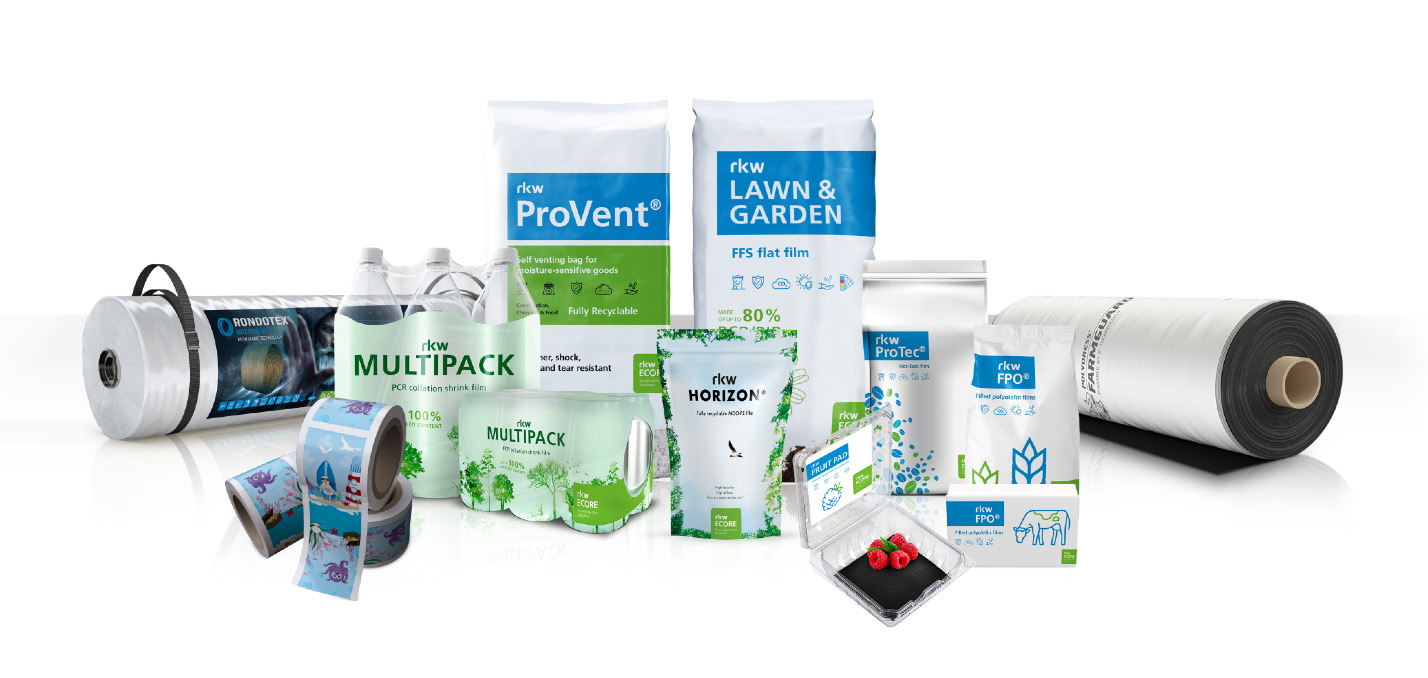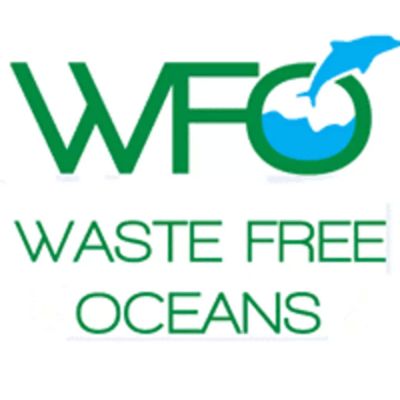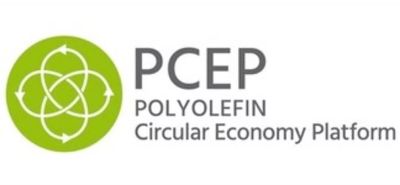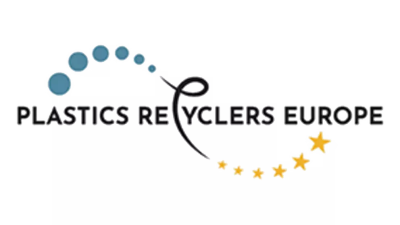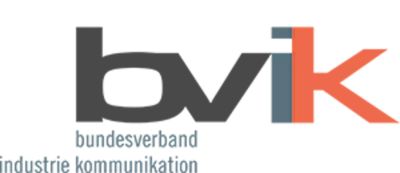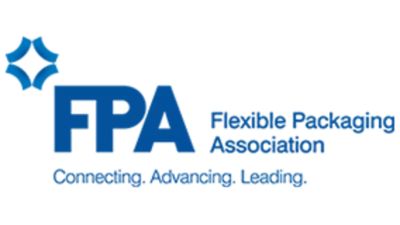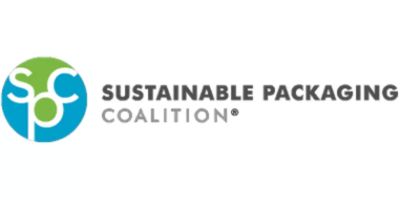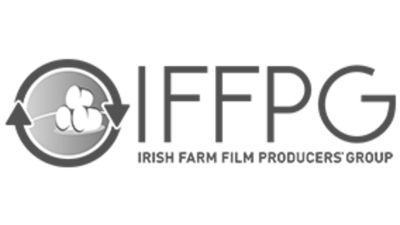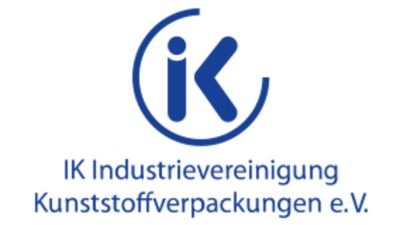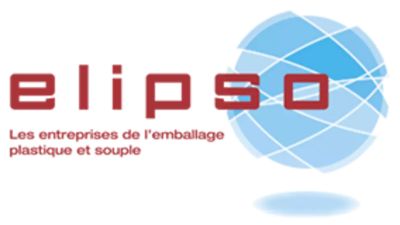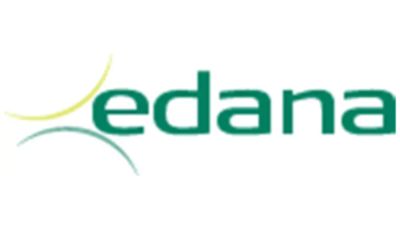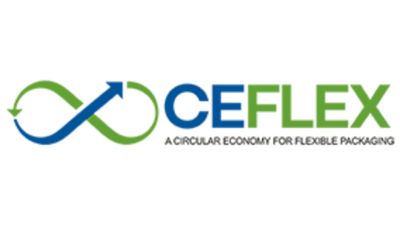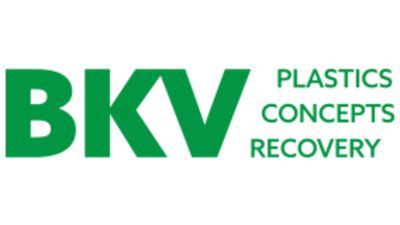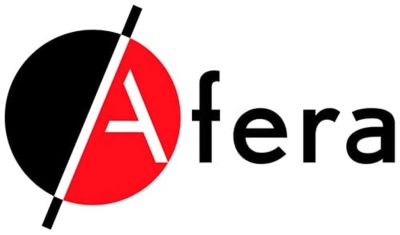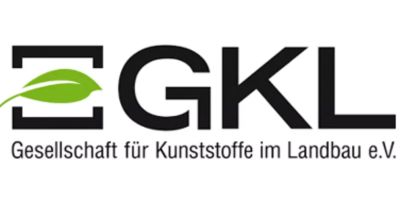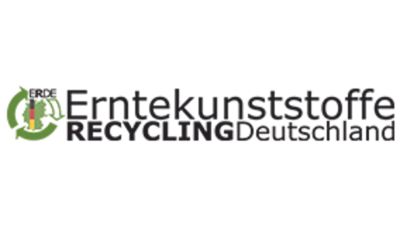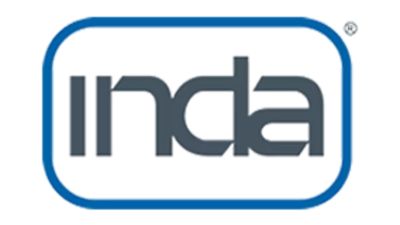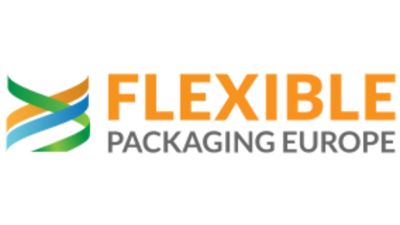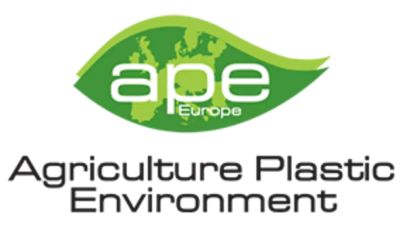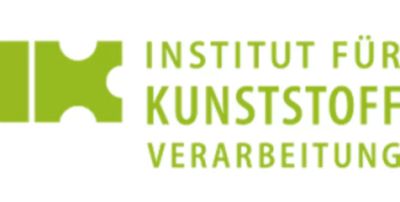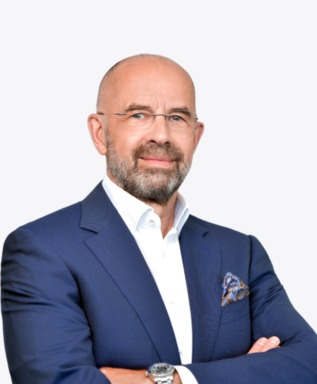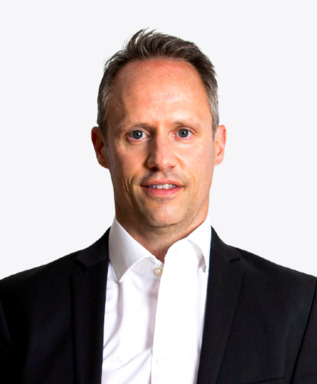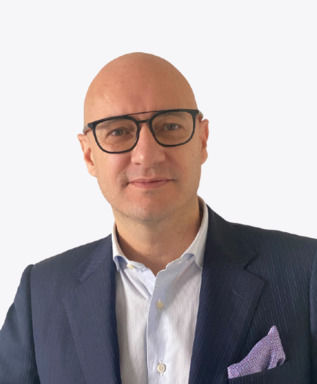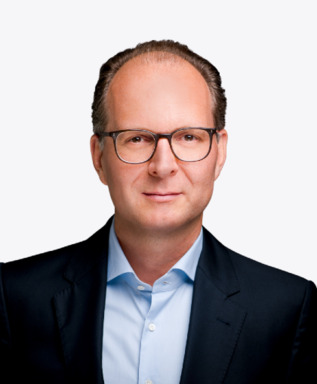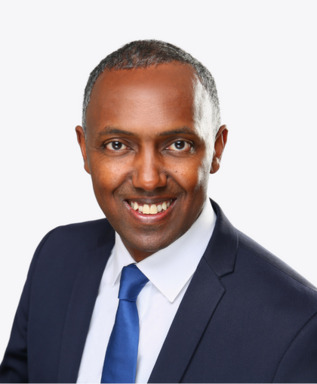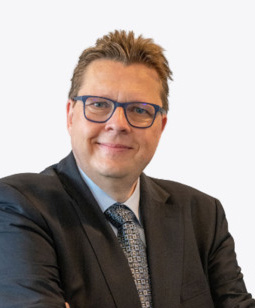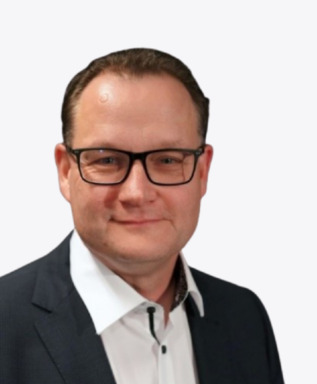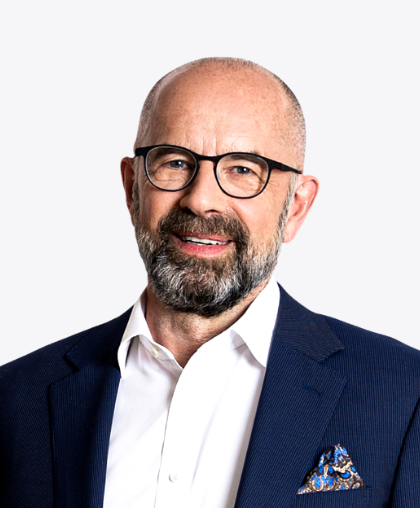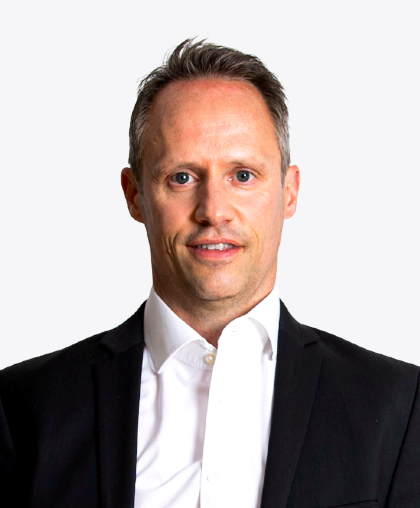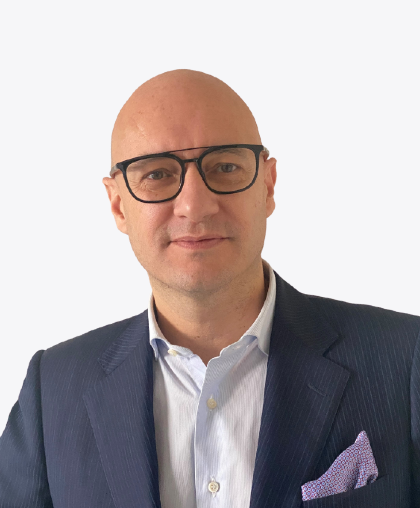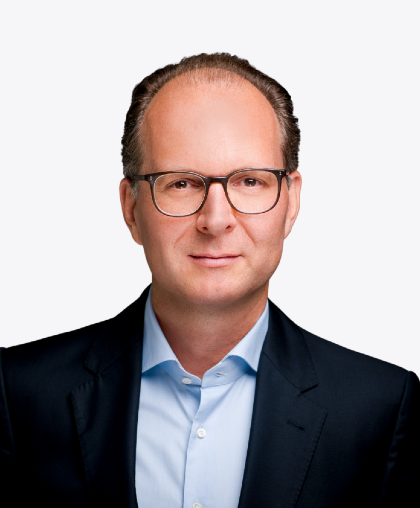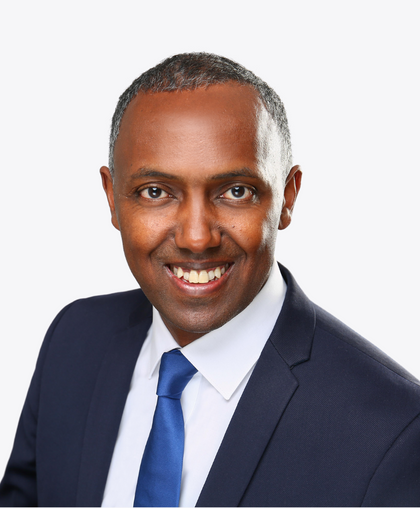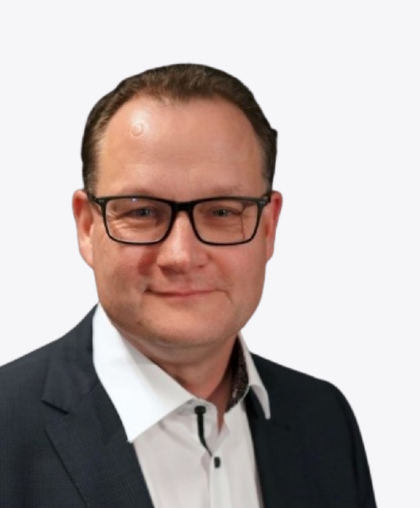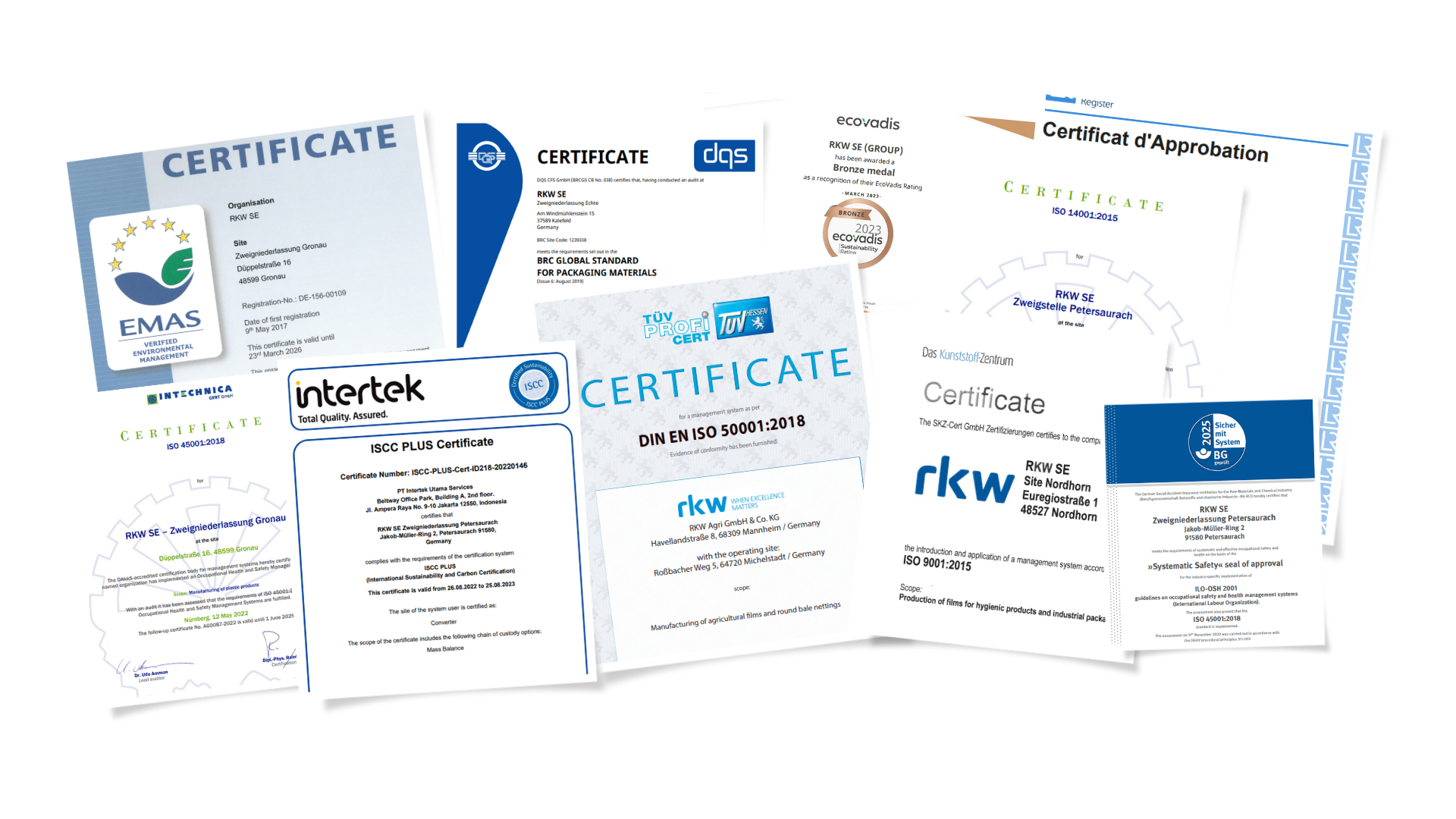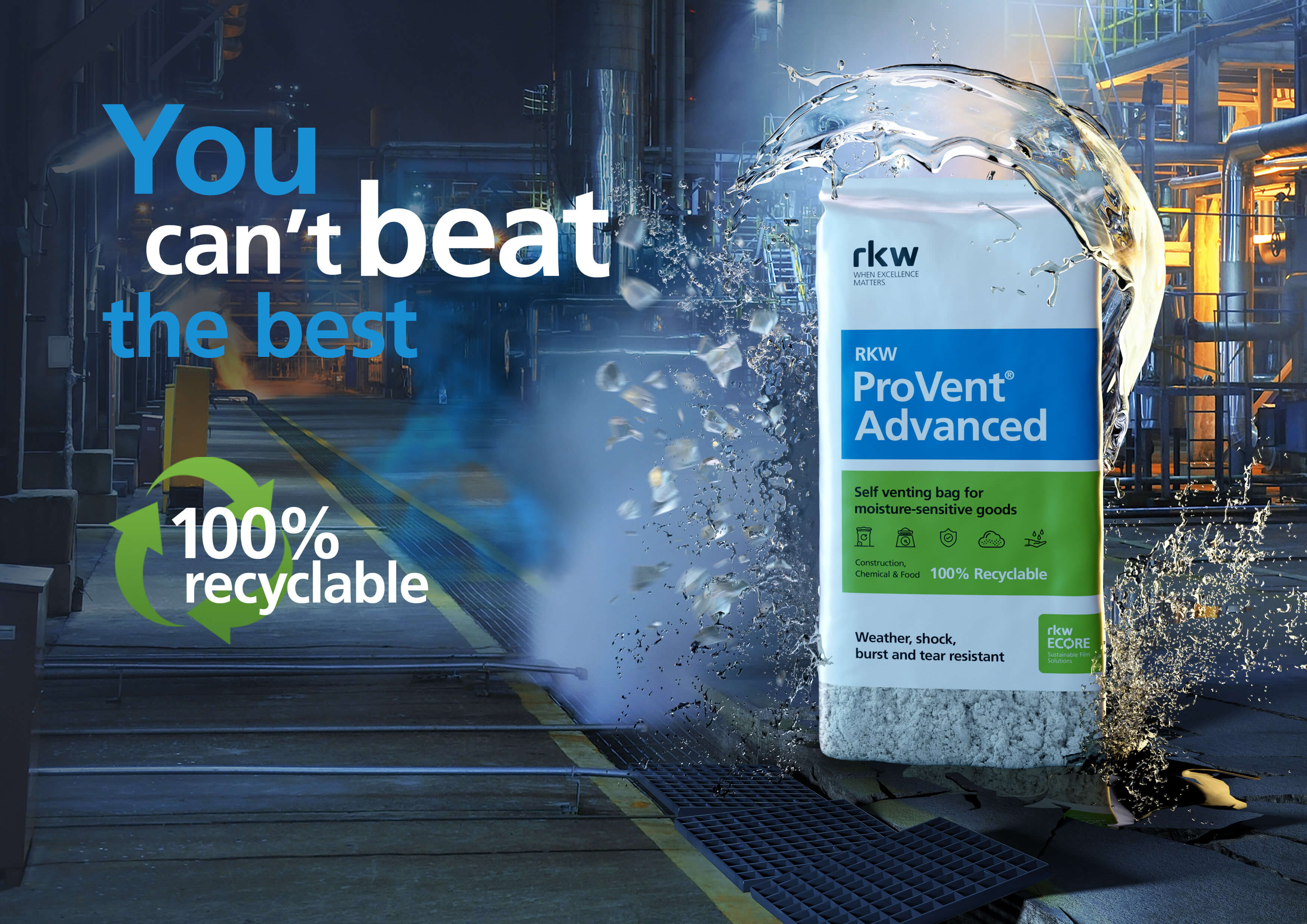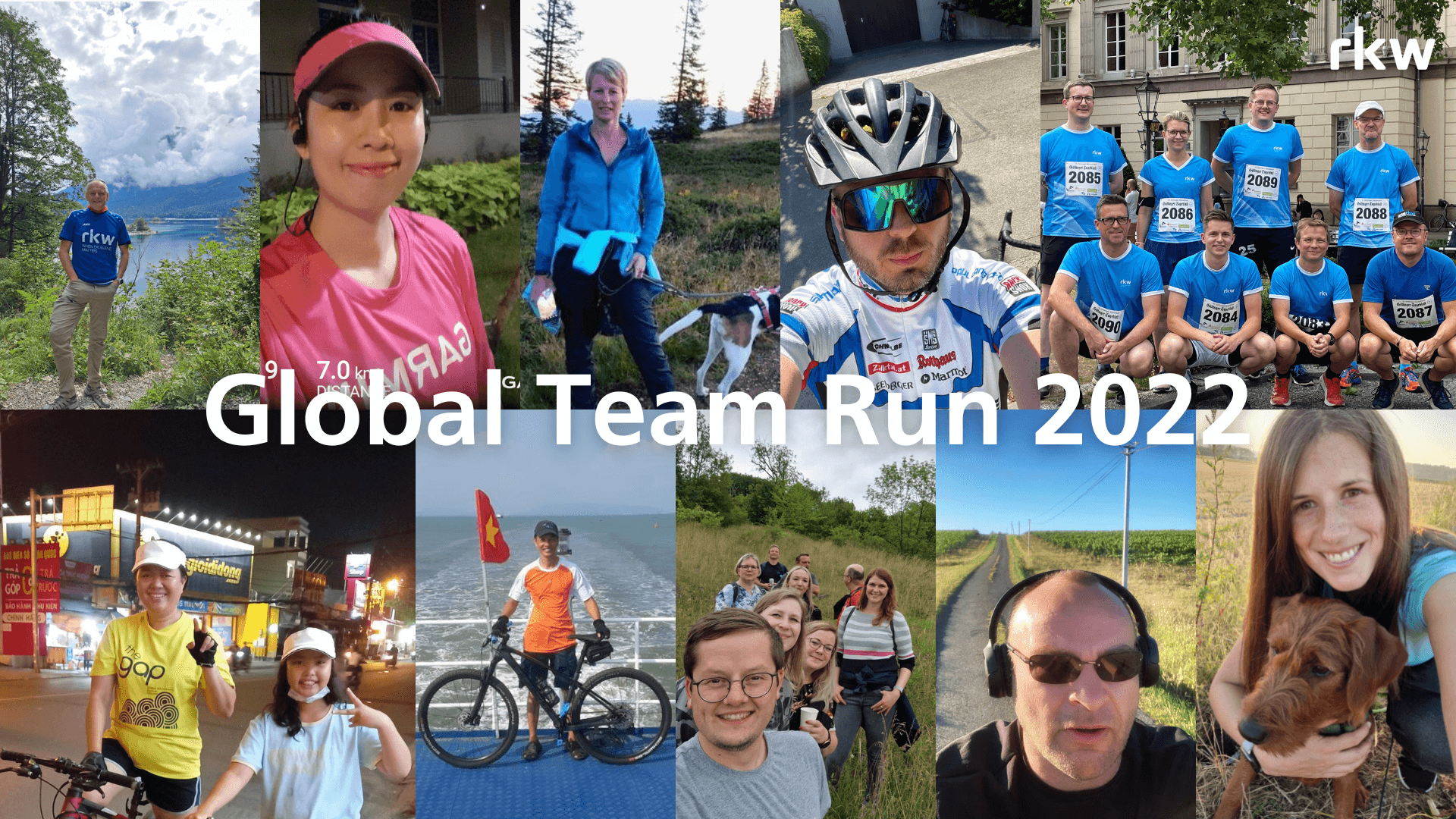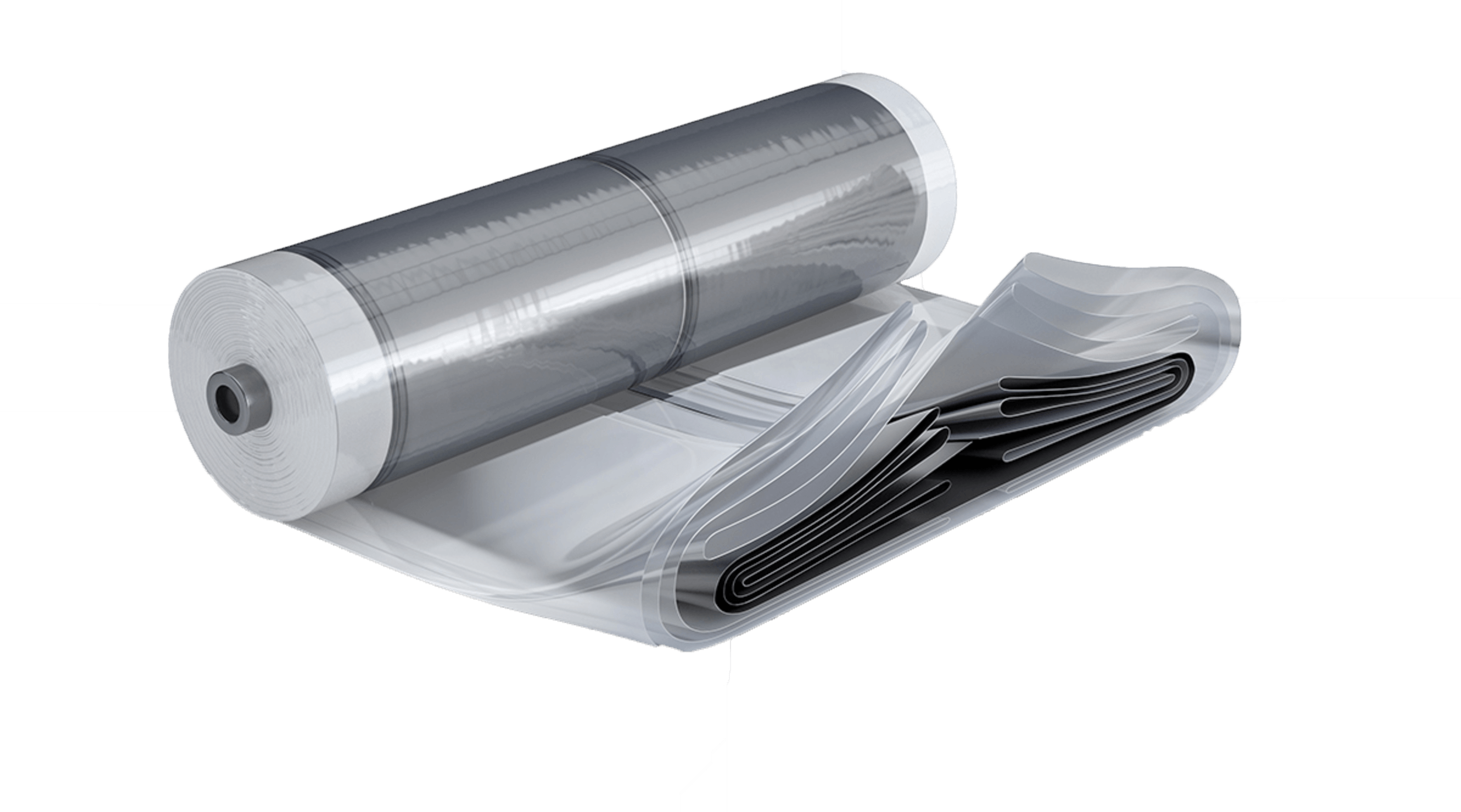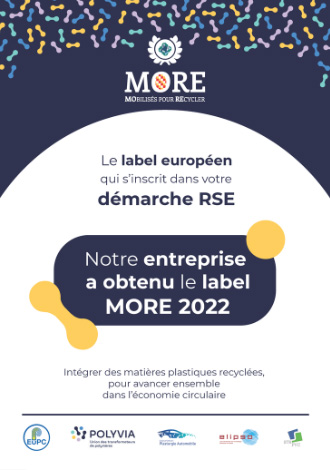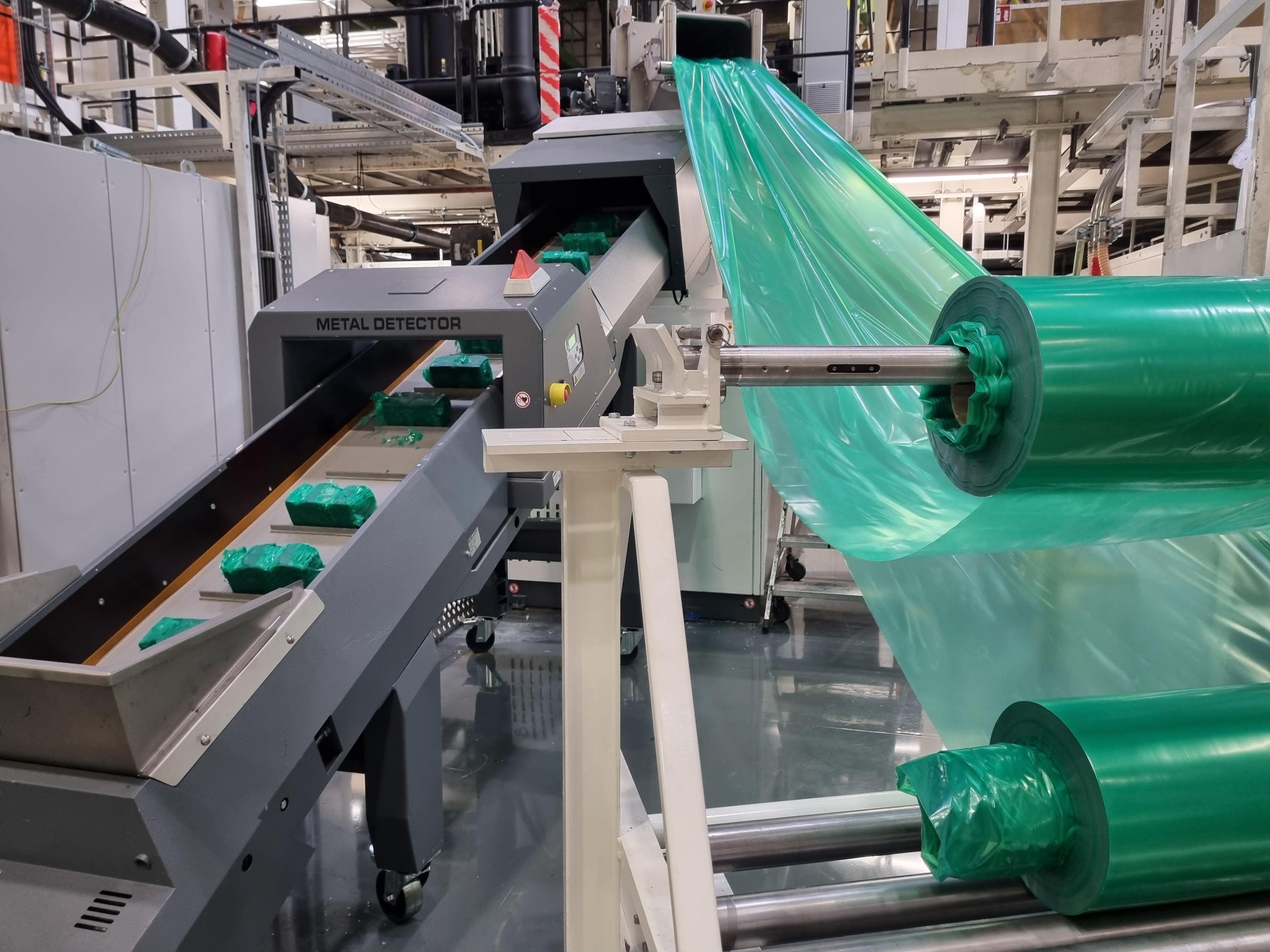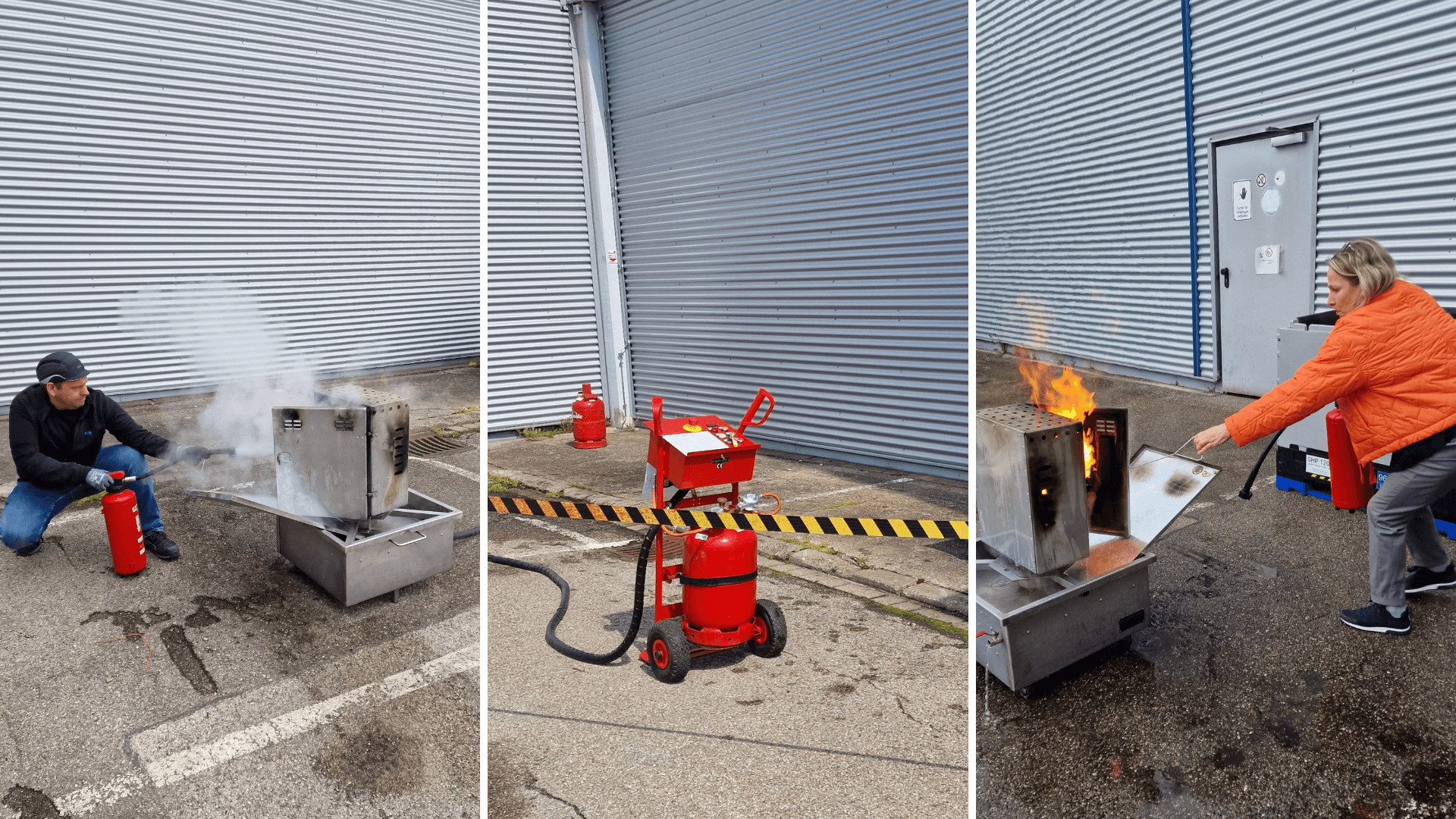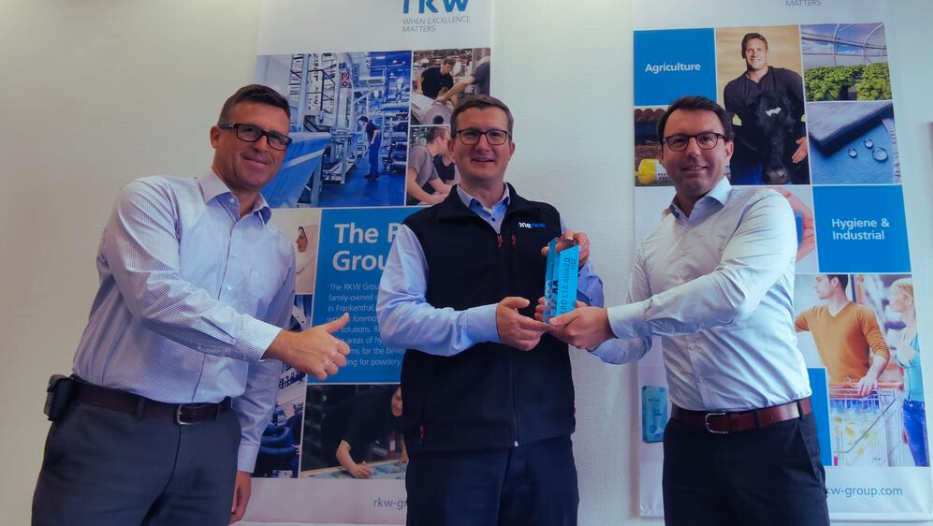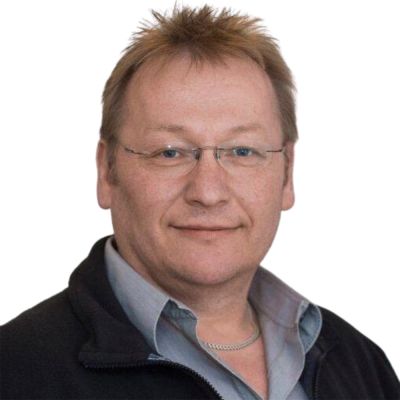Sustainability at RKW
We at RKW are fully committed to our responsibility towards society and the environment. This is also evident in our corporate purpose: We enhance the quality of daily life and strive to create a more sustainable world through our high-performance, innovative plastic films. Furthermore, we have set ourselves ambitious sustainability targets and we are continuously working to contribute to a sustainable future.
We strive to keep resources in the cycle and are looking for solutions to close the loop. We address the major challenges of our industry to develop innovative and sustainable packaging solutions that support our customers‘ sustainability goals while meeting their high performance expectations.
Our sustainability strategy is based on the ESGs (Environment, Social and Governance) and on the United Nations Sustainable Development Goals (SDGs).
This report gives you an insight how we are continuously improving our contribution to sustainability.
This sustainability report was prepared with reference to the guidelines of the internationally established Global Reporting Initiative (GRI) standard.
Our Sustainability Goals

Increase the use of recycled, renewable and biodegradable materials from 7.6% in 2017 to 15% by the end of 2025

GHG Protocol Scope 1 & 2 greenhouse gas emissions reduction of 50% by 2025, compared to 2017
Highlights 2022

We have committed to the Science Based Targets Initiative (SBTi)

We have reduced our water consumption by 15% compared to 2017

First site (Petersaurach) ISCC+ certified

Lower CO2 emissions compared with 2017

Employees from 46 countries in the RKW Group

Women in leadership positions in the RKW Group
Governance
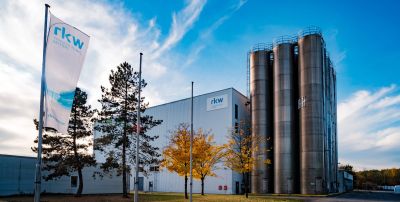

> 2800
employees worldwide

> 65 years
of experience

18
locations worldwide

Independent
family business
Executive Management Board
The Executive Management Board of RKW SE manages the RKW Group on its own responsibility. It consists of three members (CEO, CFO and CTO). In addition, RKW SE has established an Executive Committee consisting of the three Executive Management Board members and four other Senior Executives, which is responsible for the management of the RKW Group.
Supervisory Board
The Supervisory Board of RKW SE supervises the Executive Management Board and consists of six members: four shareholders and two employee representatives.
General Meeting
The shareholders (consisting of the two owner families) exercise their rights at the General Meeting.
Principles of corporate governance at RKW
Corporate governance at RKW is based on applicable laws, such as the Regulation on the Statute for a European Company (SE Regulation), the German Stock Corporation Act (AktG) and the German Commercial Code (HGB), as well as the main principles and recommendations of the German Corporate Governance Code. It enables us to meet the requirements arising from national and international laws and regulations.
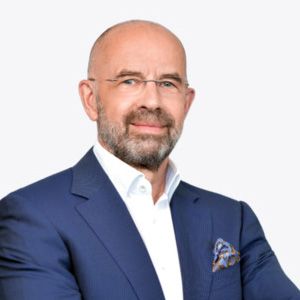
“We aim to make our processes, projects, initiatives and other activities as transparent and effective as possible for customers and business partners, while minimizing the use of resources and ensuring successful business operations overall.
Our corporate governance principles include structured processes, appropriate risk management, sustainable decision-making, transparent action, and an open, motivating and productive working environment in which people enjoy working together and are committed to achieving corporate and sustainability goals.“
Peter Baumgartner, CEO
Environment
Coping climate change and the negative effects of wasting resources are the greatest challenges facing society today. As an energy-intensive plastics processing company, we are aware of our special responsibility and know what contribution we can make to mitigate climate change and improving the circular economy. We address the challenges to which we can make a direct contribution. The key words “Reduce, Reuse, Recycle“ and the active support of the Circular Economy are of particular importance in our company.
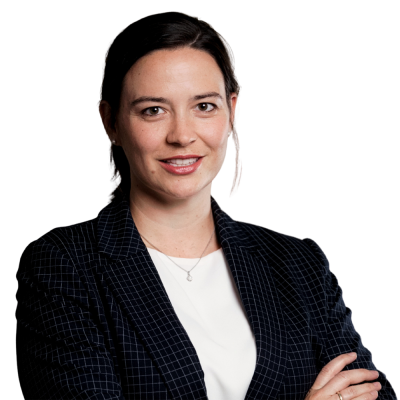
“There can be no sustainability without climate protection, because it is an essential basis for a world in which future generations can still live carefree and operate successfully. The use of electricity from renewable energy sources and the continuous improvement of the energy efficiency of our production are only the first steps on our way to actively address the issue of decarbonization. We are committed to take responsibility and to make an active contribution to climate protection. Because only consistent action will keep our planet livable.”
Lea Voß, Head of Sustainability
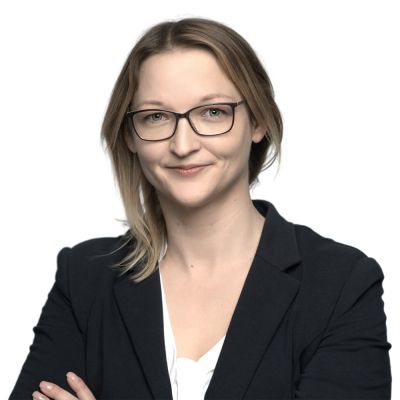
“The systematic reduction of plastic waste and the promotion of recycling are quite essential for RKW to make a valuable contribution to maintaining a clean ecosystem. That‘s why we work every day to optimize our processes and operations along the supply chain to minimize the impact of our production on the environment, especially the contamination of water by plastic.“
Judith Hutschreuther, Sustainability Manager

“Rising volumes of waste, the pollution of the world‘s oceans and the threat of climate change make it clear: existing resources must be conserved and raw materials reused as far as possible. This is also made clear by consumer demand for environmentally compatible products and the requirement of demanding recycling quotas on the part of politicians. At the same time, we must continue to meet the high quality and safety requirements that customers and consumers place on our products. This is a challenge for the entire plastics industry, but one that we embrace, including with investments in modern technologies, recycling facilities at every RKW site and the increasing use of recyclates in our production. This Circular Economy approach saves valuable resources, prevents pollution and even improves the carbon footprint.“
Felix Grimm, Expert Recycling
The plastics industry is facing major challenges worldwide – in particular also due to the increasing environmental awareness of consumers and a changing legal situation. This makes it even more important for RKW to actively address the changes regarding product requirements and to set the course for the future development of the industry with innovative ideas. We acknowledge our responsibility to give plastic products a sustainable perspective. Therefore, we are making an active contribution to establishing a circular economy for this indispensable raw material and help to reduce the impact of our products while maintaining or even improving their properties. To this end, we are guided by the “Reduce, Reuse, Recycle“ principle.
What we do
In the context of innovative, sustainable product design, our employees worldwide optimize resource consumption, reduce negative environmental impacts of a product along its life cycle, or facilitate recycling and the use of recyclates. In intensive exchange with raw material producers and machine manufacturers, and through dedicated participation in associations, our research and development teams continuously develop and evaluate new or improved materials.
The requirements for these solutions differ significantly, depending on the regional markets and the product segments. Due to public interest, e.g., the focus in Europe is particularly on packaging films, and innovative solutions are urgently required. To meet these requirements, all projects in our research and development (R&D) pipeline in 2022 were categorized and evaluated based on various sustainability criteria. The target for the proportion of R&D projects in the Packaging & Industrial segment with a focus on sustainability was 60% in 2022 and was even exceeded at 67%. The aim is also to permanently align more than 60% of R&D activities with sustainability criteria in the coming years.
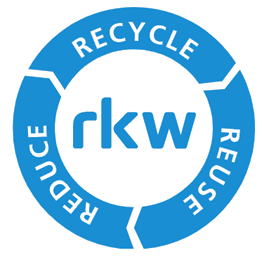
Sustainable product design
Recycling and Reuse
Investments in innovation and technology
Social
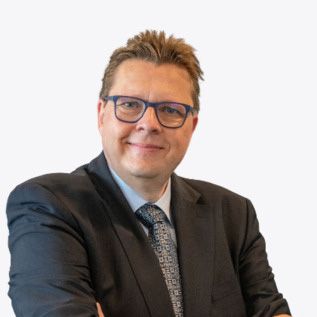
“Nothing we do is worth getting hurt for. To take our workplace safety to the next level, we focus on strengthening the fundamentals of safety. We expect employees to take a leadership role and establish an “I care about my safety“ culture. We train essential capabilities, such as practical risk assessment to identify potential risks, conduct workshops to solve root cause problems to further develop our organization’s capabilities and reduce risks. We focus on implementing critical safety standards with a “Zero Tolerance” culture. At RKW, everyone is responsible for safety, and together we‘re taking the next steps on our RKW safety journey.“
Axel Löbel, COO
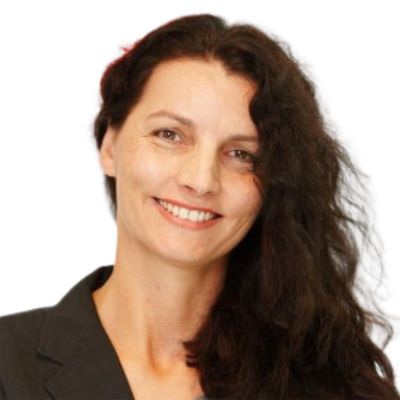
“As a manufacturing company, we already traditionally have a lower proportion of women, which is why we pay special attention to promoting diverse teams. We believe that Equality, Diversity and Inclusion (EDI) not only creates a better world, but also brings economic benefits: Diverse teams, core competencies and leadership increasingly lead to innovation and improve financial performance. That‘s why attracting, supporting and developing diverse talents with diverse skills across the organization is both a human and a business priority. By signing the Diversity Charter and launching a global EDI policy, we are underlining our commitment in this area.“
Sabine Salah-Lampa, Head of Talent Management



